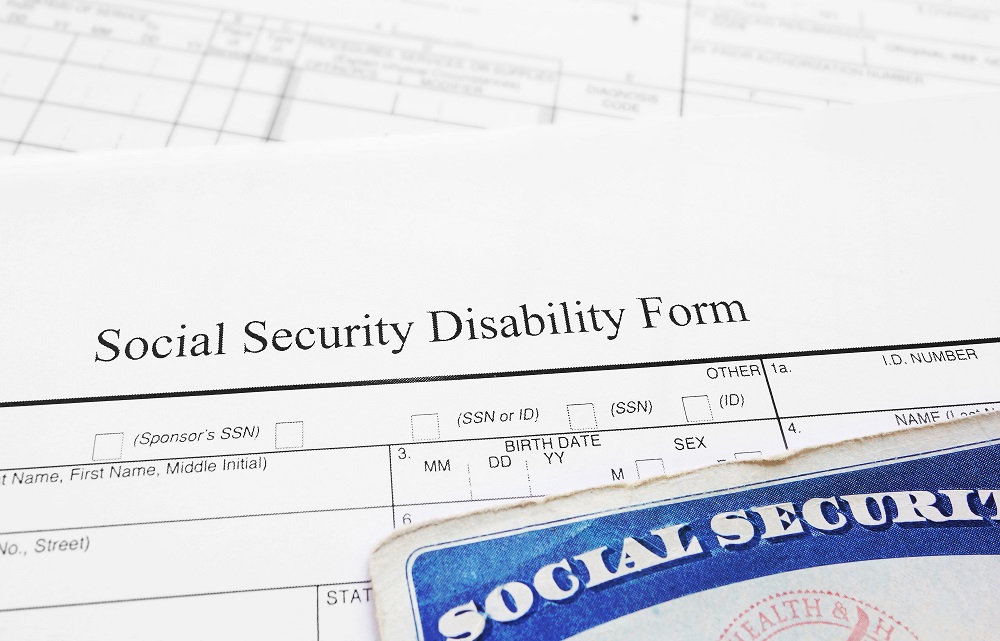When you’re dealing with a digestive disorder, government initiatives can keep you financially afloat while facing the everyday challenges of the condition. Social Security Disability Insurance (SSDI), through the Social Security Ticket to Work Program, is one of these federal programs that pay benefits. If the patient has a spouse or children, they may be eligible to receive partial payments as well. The candidates must be younger than 65 and have earned a certain amount of “work credits.” After being a beneficiary for two years, they’re also entitled to Medicare.
Digestive Disorders That SSA Finds Disabling
The Social Security Administration (SSA) only finds certain digestive problems disabling. A disorder should be classified as “severe” to make it to their list. The organization has a Blue Book that describes the conditions they have to consider, and you can access it through their website.
There are 6 general categories of digestive diseases that qualify for SSDI:
Chronic Liver Disease – Your CLD must’ve required hospitalization, shunts, and at least 2 units of blood in a transfusion. You’re also eligible if your condition is terminal or has significantly affected your mental health.
Gastrointestinal Hemorrhaging – To qualify under this illness, you must have had 3 blood transfusions of 2 units or more during a 6-month period. Your sessions should be 30 days apart to count as separate transfusions.
Inflammatory Bowel Disease – The SSA needs to see your endoscopy, biopsy, and medical imaging results to qualify under this condition. Your IBD must have required hospitalization twice within 6 months, and they should be 60 days apart.
Liver Transplants – If you’ve received a liver transplant, you’re considered disabled for at least a full year after your surgery. Your disability will be periodically reviewed by the SSA after the year has passed.
Short Bowel Syndrome – To qualify for SSDI under this disorder, more than half of your intestine should have been removed.
Weight Loss from Digestive Disorders – Your body mass index (BMI) must be lower than 17.50 to qualify. You should also be undergoing treatment and taking all prescribed medications.

When Your Disorder Isn’t on the List
If your gastrointestinal disorder doesn’t fall into these categories, it doesn’t mean that you’re automatically disqualified. It’s just that your condition can’t be evaluated using only the Blue Book. You can still apply, and SSA will look into your documents and medical records to see if you’re too sick to work.
They’ll give you a Residual Functional Capacity (RFC) rating of medium, light, or sedentary work. The results will describe your physical limitations brought about by your digestive disorder. These include things like how long you’re able to sit, stand, walk, and how much you can lift, pull, push, and carry.
Documents Needed to Qualify
When you apply for SSDI, you need to prove to the SSA that you’re unable to do meaningful work. So, you have to give them proper medical evidence to support your claim. Here are the documents needed for verification:
- A letter from your physician discussing your disability to complete daily tasks.
- A statement from your specialists that details your digestive disease.
- Hospital records that prove you sought treatment for your condition.
- Test results such as blood tests, endoscopies, X-rays, ultrasounds, and MRI scans.
Get in touch with DisABLEd Workers to learn more about the Ticket to Work program. If you or someone you know needs financial assistance, call them to learn more about the supports you can receive to help you return to work.

